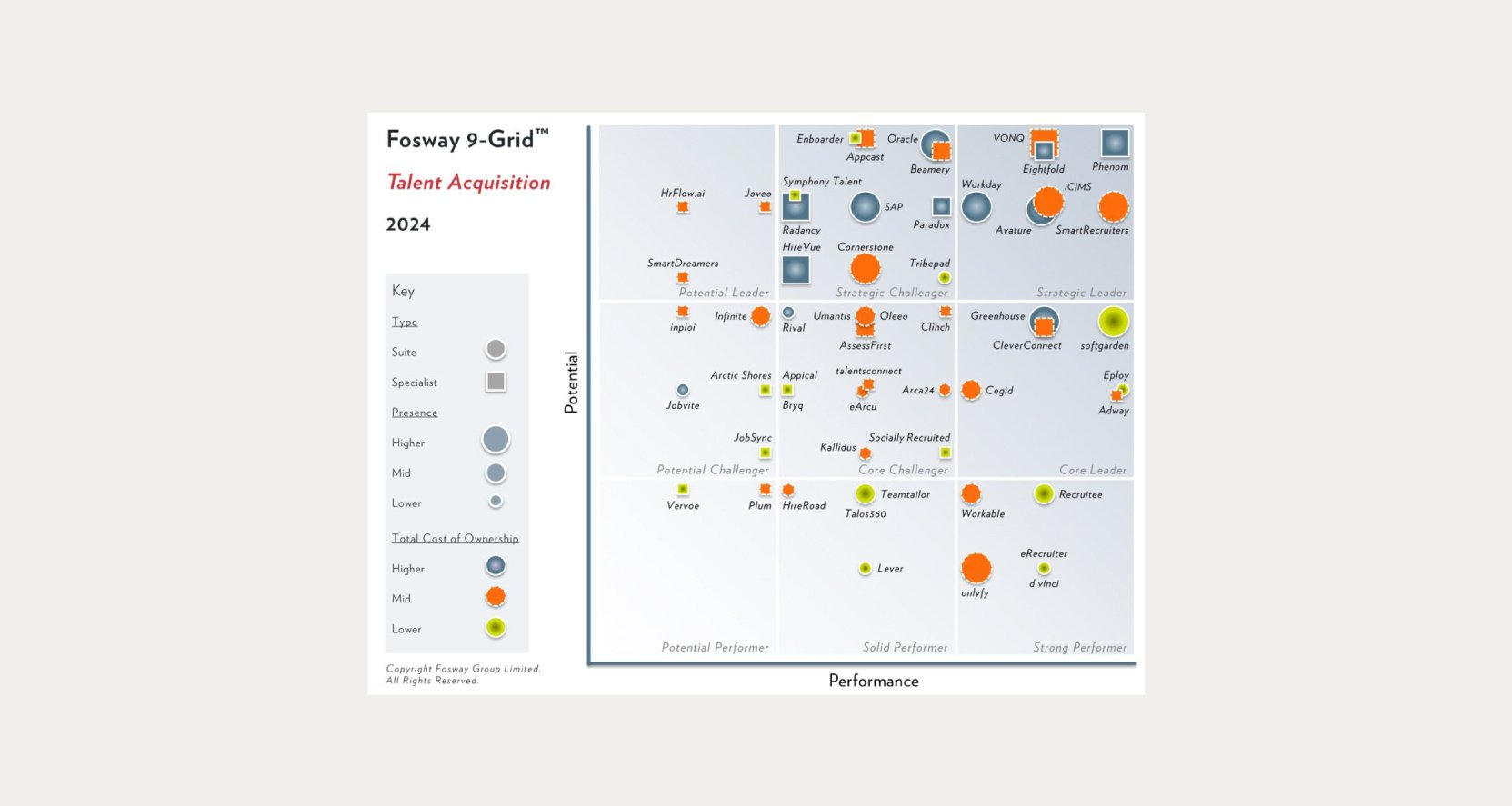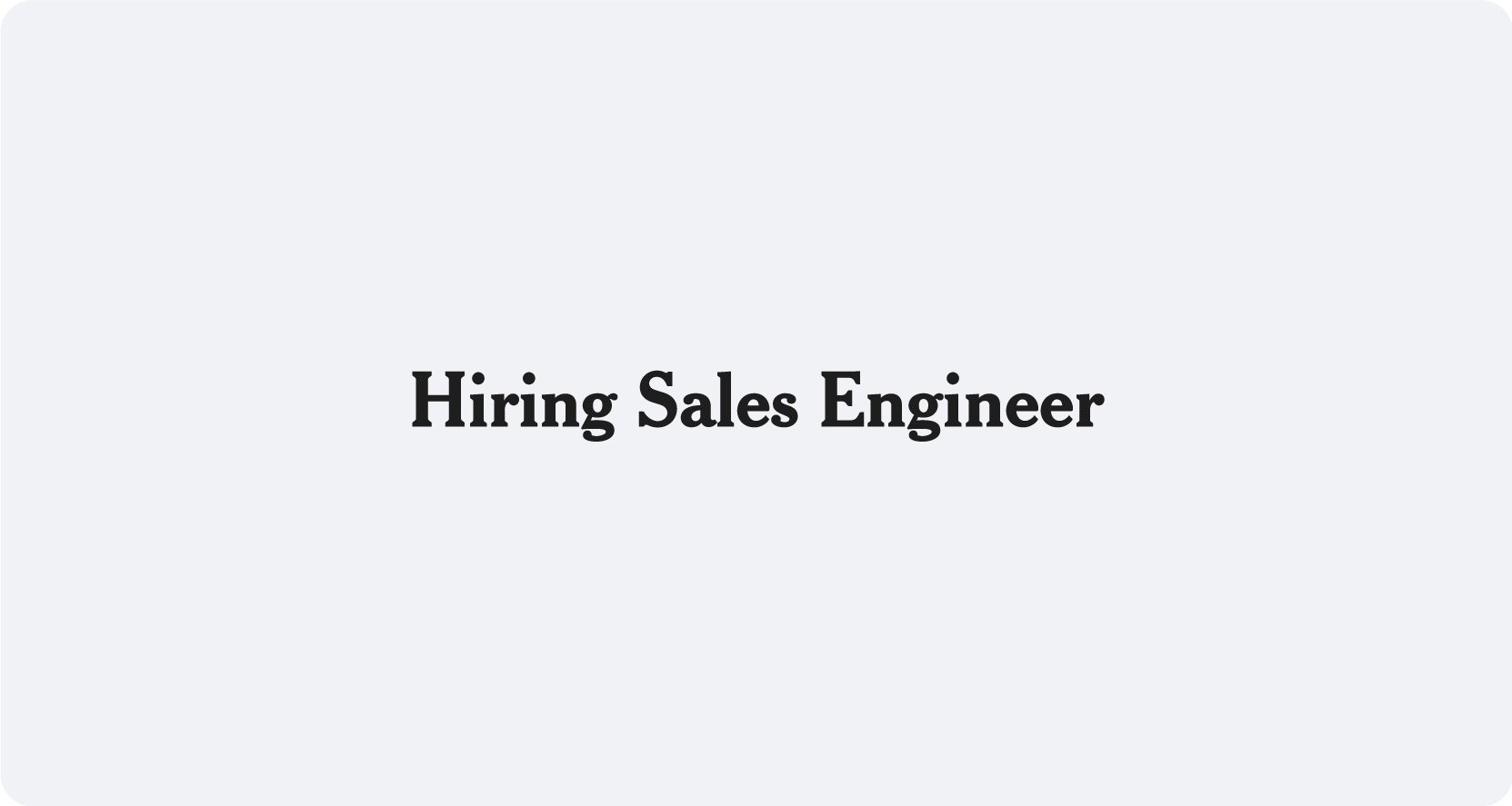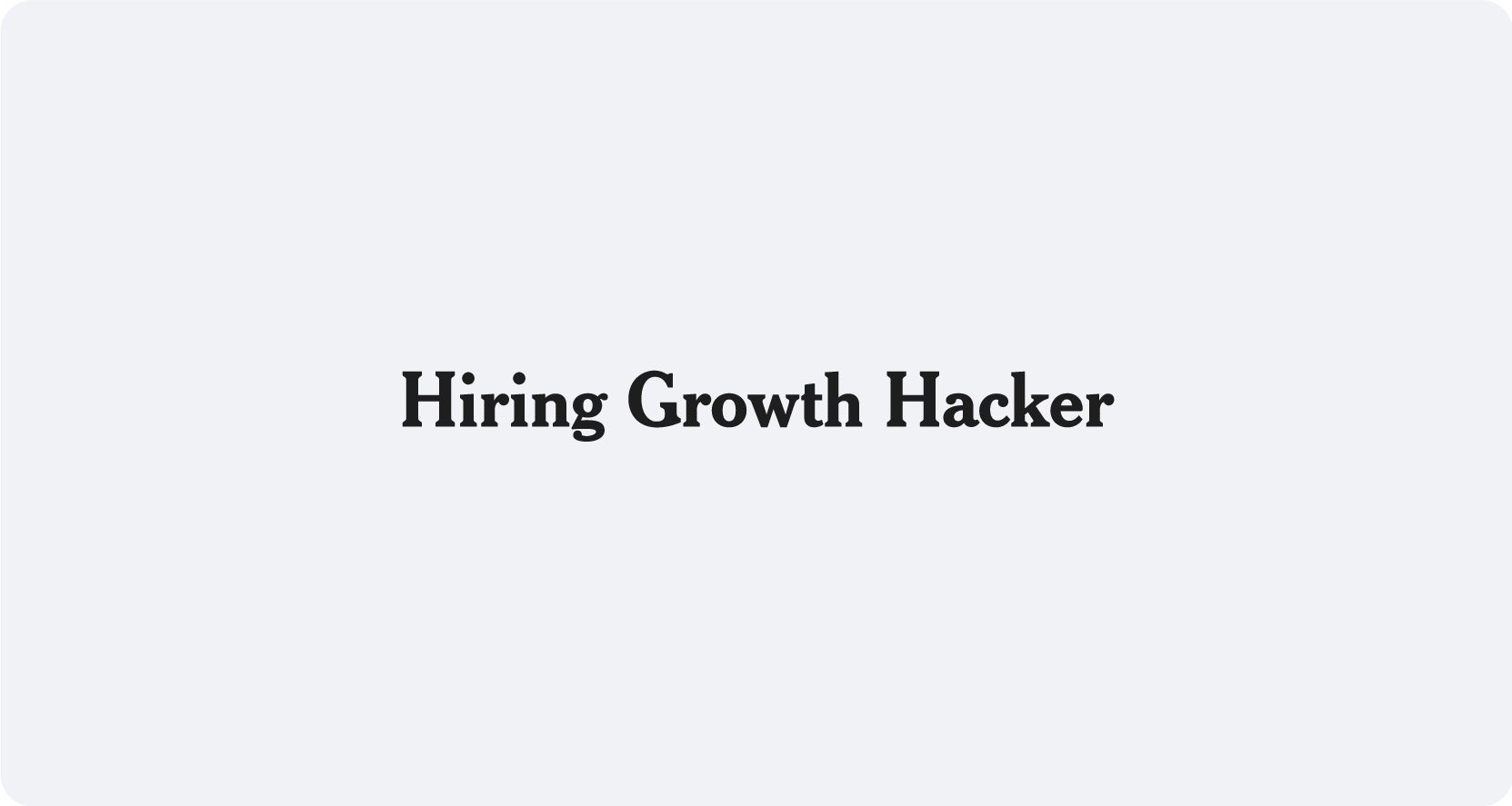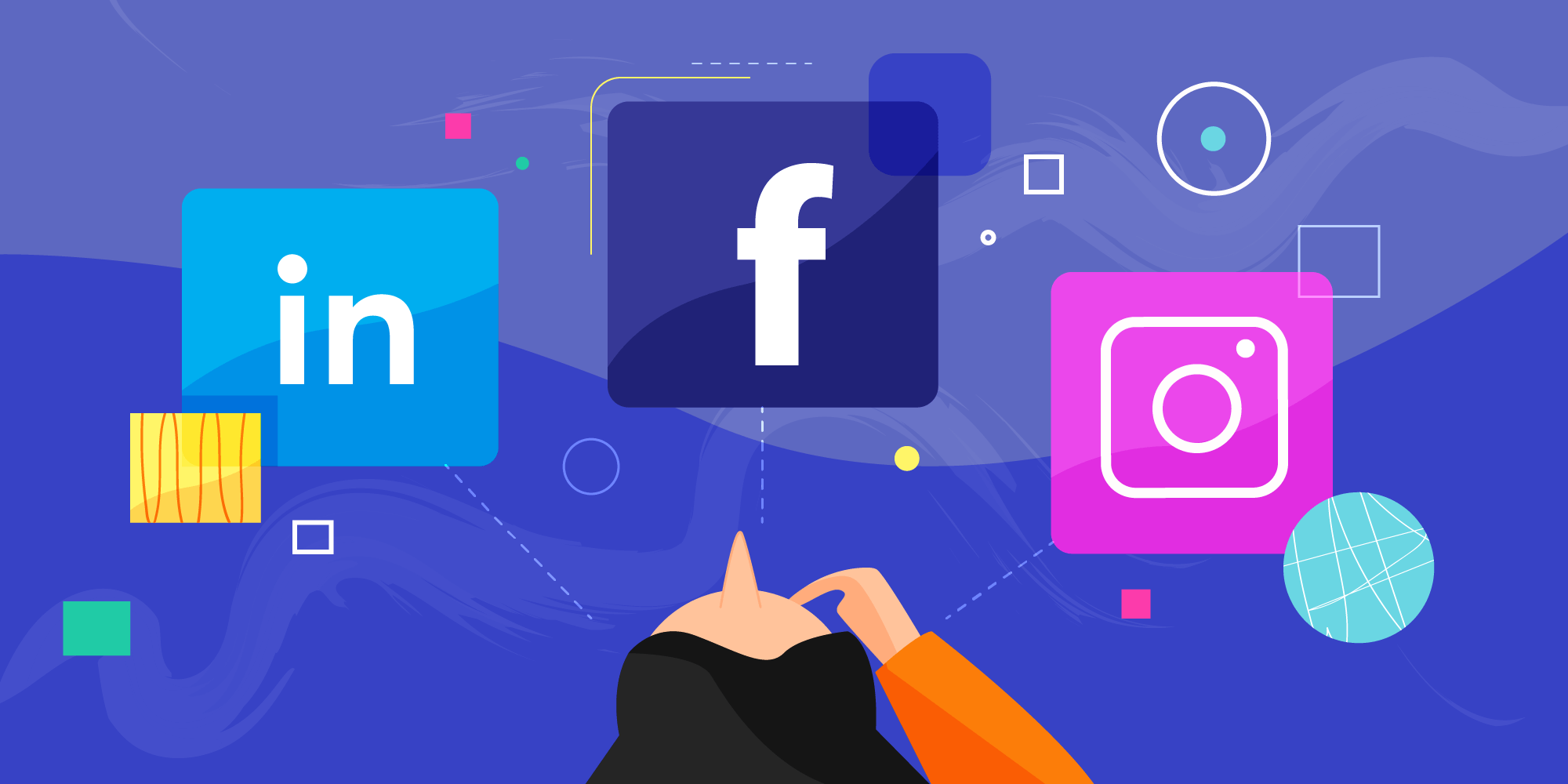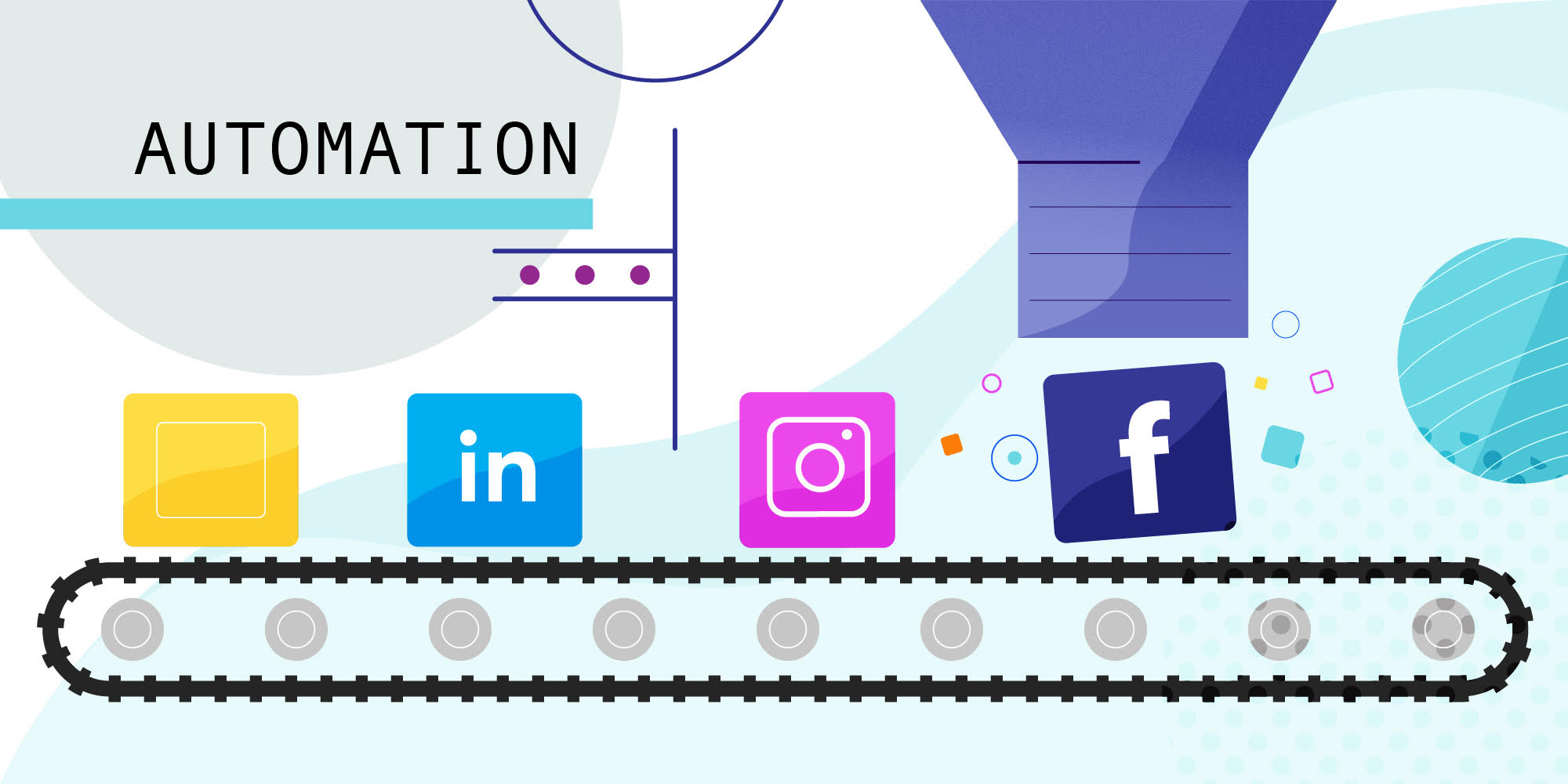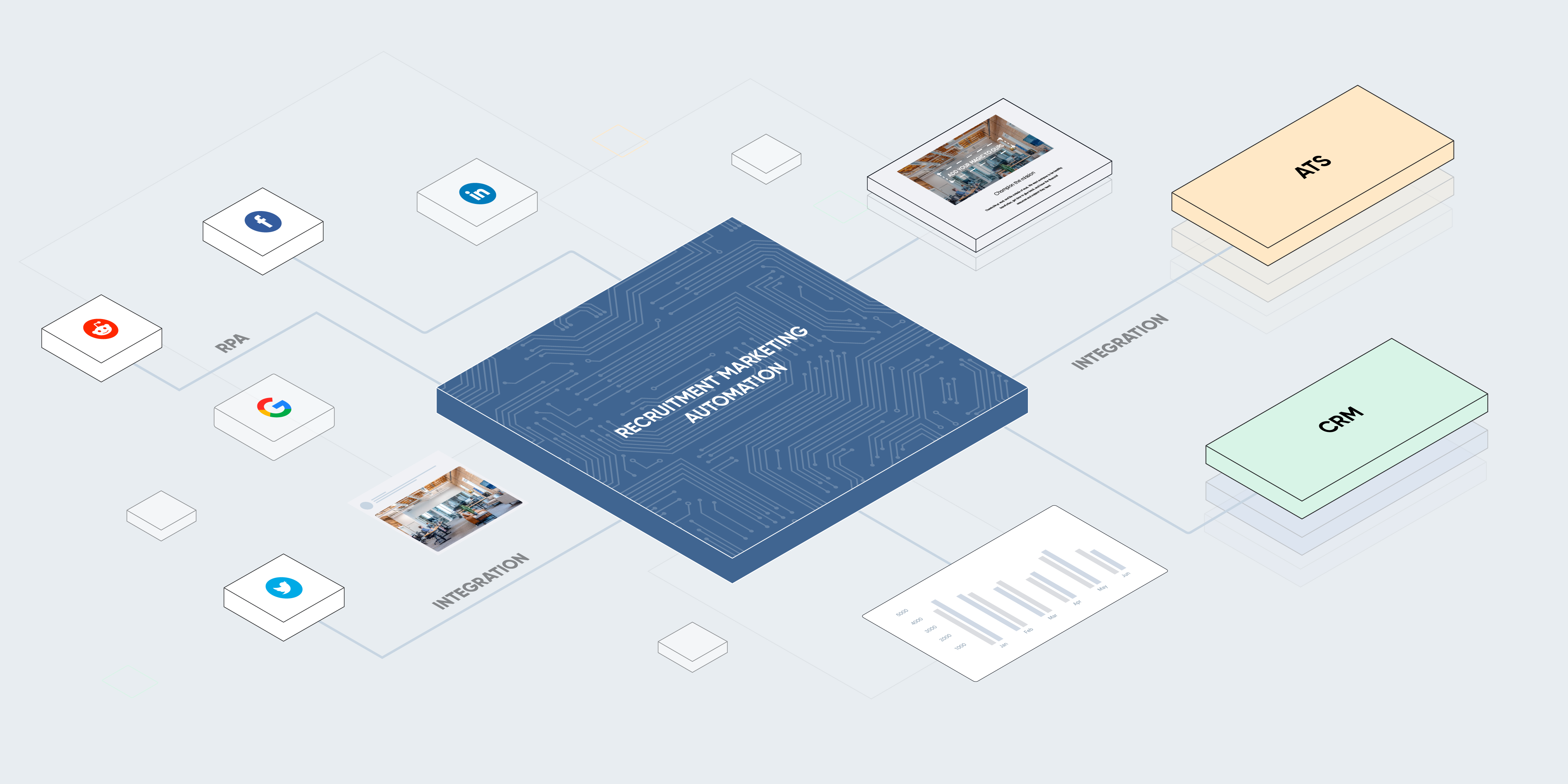AI’s presence across the economy is growing rapidly. It can be found in sales, manufacturing, customer service, marketing, and even in recruiting. The trend toward AI has also made it desirable in general, with businesses making sure to tell their customers that they use AI to make their products.
AI’s reputation seems to be taking the form of some magic pill — a cure-all solution for your business’s needs. But things aren’t that simple, and AI definitely is not the perfect solution, especially as things stand currently.
AI is a great tool that you should definitely be using in your business, but just like any tool or solution, it comes with its own set of problems and limitations. And just with any other area where AI is used, the same is true for AI in Talent Acquisition. This is important to remember because the market is currently flooded with so many different recruitment AI solutions. With so many businesses trying their hardest to sell their product to you, you can lose track of the downsides that come with using AI. This article will go into some of the main issues that using AI in your TA strategy can bring.
AI is just a tool
The thing about AI is that at the end of the day, it’s just a tool that you’re adding to your arsenal. It’s not something that will fix things for you on its own, but it will help you fix your problems. Businesses that are completely disorganized may think that AI will help them get back on track, but at that point, your priorities are out of line. The most important thing for AI is to have a solid foundation that will allow your AI to work to its full potential for you. AI can be powerful, but you can only access all that power if you’re giving the AI what it needs to work. Think of AI as a Formula 1 car. Sure, it can go fast, but what does it need to go fast? A spotless track to drive on, and (most importantly!) someone skilled behind the wheel. Otherwise, you’ll end up crashing the car, or maybe you won’t even be able to get it to start!
So what are these foundations that you need to set up for your AI to work properly? In the world of recruiting, one of the most important things is data consolidation. AI works best when it has easy and wide access to data. As an industry, Talent Acquisition isn’t in the best spot for this. Data is generally extremely scattered and non-standardized. Finding the right AI for your business is hard when data isn’t easily streamlined. Building a system that makes it easier for your AI to access data is one of the best things you can do to build a strong foundation for AI-driven Talent Acquisition.
Another issue with AI is the lack of API. APIs - or Application Programming Interfaces - are what allow different programs to communicate and interact with each other. Most tools have poor API structures that limit their versatility. On top of this, most AI tools aren’t anywhere close to being a one-size-fits-all tool that covers all aspects of recruitment for you. This means that you’ll almost certainly need to use multiple AI tools at the same time, but if they don’t have proper API, then you’ll have a hard time coordinating your tools.
Not having a proper API means that AI tools will only do part of the work for you, and then you’ll have to manually coordinate your other tools yourself. This poses the problem of scalability for AI tools. How can you expect to scale up the use of AI when, lacking proper API, manual labor must be used to assist them anyway?
AI is impersonal
AI is, after all, artificial. No matter how sophisticated a program can analyze data for you, it won’t be able to do what humans can. Recruitment has a lot to do with socially evaluating candidates for positions, which is something that a person does intuitively, but an AI would struggle with. An AI won’t get put off by a resume formatted lazily and won’t be impressed by stylistic choices in a cover letter.
Personal interaction is extremely important in recruiting. The American Staffing Association found that personal interaction with your recruiter was much more preferable for job seekers. It doesn’t always have to be done the old-fashioned way, though. For example, 46% of job seekers saw the internet as a useful resource for finding a job, and 80% enjoyed the visibility technology gave their CVs. However, 77% said they preferred human interaction over an automated process when applying for jobs. It’s important to take job seekers’ opinions into consideration when building your recruitment strategy. If the application process isn’t enjoyable and doesn’t feel personalized, you’ll have a hard time winning over the most sought-after candidates. Be sure not to overuse AI and take the human side of things out of your company’s Talent Acquisition.
AI being impersonal also means that it isn’t creative. AI is there to do the job you assign to it, that’s it. Once your AI is rolling, you can’t forget about the creative side of Talent Acquisition. Creativity is a huge factor in making your business stand out and look more attractive to the most elite candidates. The good thing about AI is that it’ll take the extra work off your hands so that you can focus your human resources on creative, personal work. Sadly though, AI won’t be able to do that work for you.
For example, when it comes to sourcing, you can use AI that will determine what jobs are best to promote and where to promote them. But that’s the best that you can expect from an AI. A lot of creativity goes into your sourcing that the AI won’t be able to do for you. What if the best ROI would come from a social media branding campaign rather than programmatic job advertising? Your AI can deliver whichever one you want it to, but that decision is something you’ll have to make, with the help of your own experience and creativity.
AI isn’t unbiased
One of the biggest myths that come with AI is that it carries with it a form of “objective” analysis. Since it’s just a robot doing math and looking at data, it can’t possibly be biased like humans are, right?
The problem is that AI has to be given an opportunity to learn before it can start working. When it comes to Talent Acquisition, you have to provide data to your AI so that it can learn what kind of candidates you are interested in in the first place. Otherwise, it won’t even know what to look for. And since AI relies on that first bit of knowledge you are providing it, it can easily inherit whatever biases you and your company already had in the first place.
A good example of this is Amazon’s implementation of AI into its recruitment process in 2018. Amazon trained its AI to find the right candidates based on the company's previous hiring patterns before using AI. Given that the tech industry is extremely male-dominated, the AI viewed that as a preference for male candidates over female candidates and ended up disqualifying applications from women in favor of those from men. In other words, Amazon’s AI inherited the pre-existing biases that existed within the tech industry, because it required data from the tech industry to start working.
Given that recruitment is an area that is especially vulnerable to social biases, it means that you can never fully rely on AI to do the job for you. You must always monitor and reevaluate your AI’s decisions, making sure that it is not repeating (and even exaggerating) social biases that you perhaps weren’t even aware of. Not doing this poses an ethical issue when it comes to social justice and diversity in the professional world.
In the long term, you can count on AI to change the world of Talent Acquisition. But until we solve the problems of compatibility and scalability, you should proceed with caution when working with AI. It’s a great tool to have, but not without issues and limitations.
At SmartDreamers, one of our specialties is in automating how you run and manage your talent acquisition marketing. With our suite of social media platforms and ATS that we integrate with, as well as our expertise in nurturing and guiding candidates through their journey, we make recruitment easier on you and with a personal touch for the potential candidates.
Try a demo of SmartDreamers to test our services to see how we can streamline your talent acquisition efforts.

